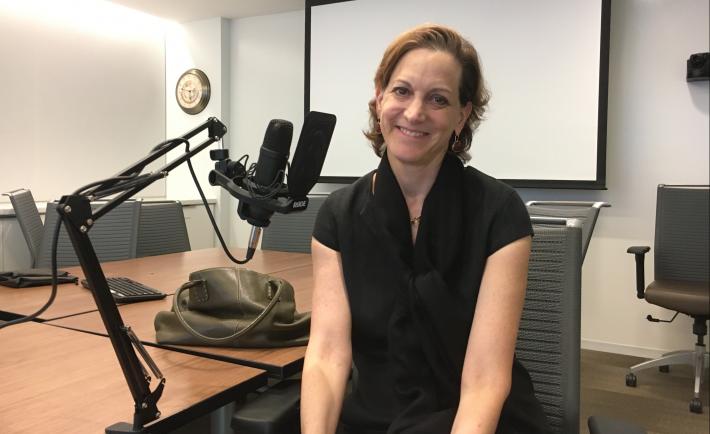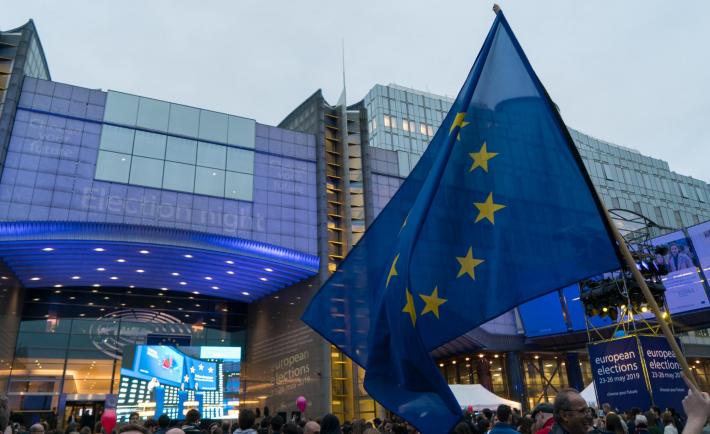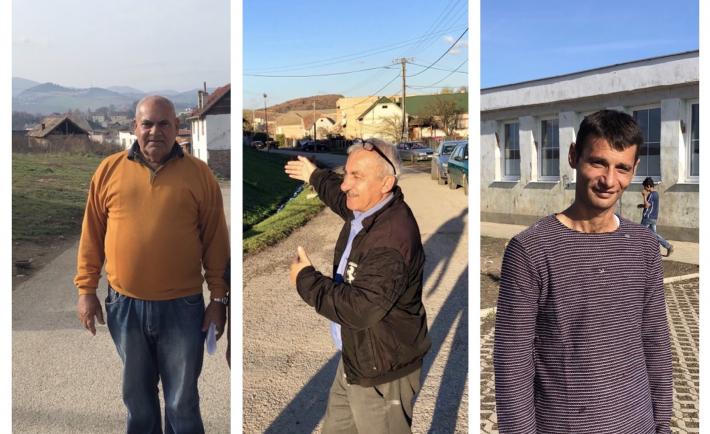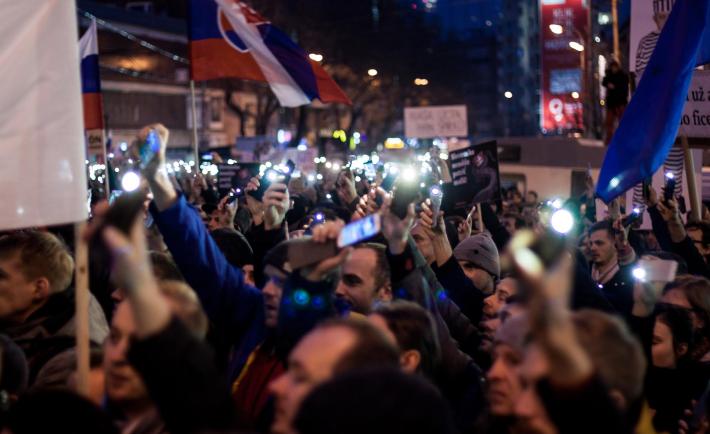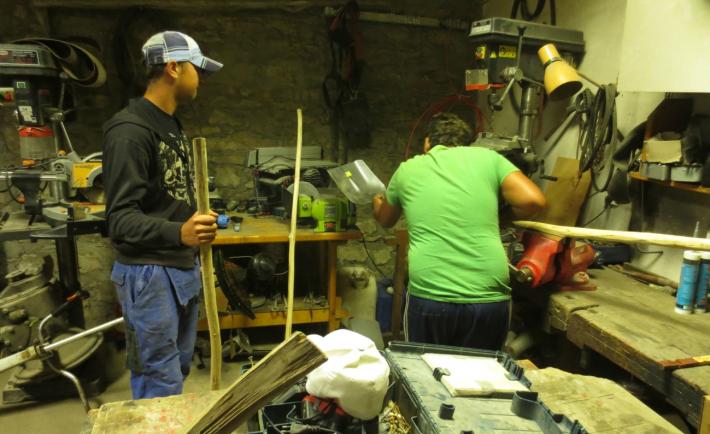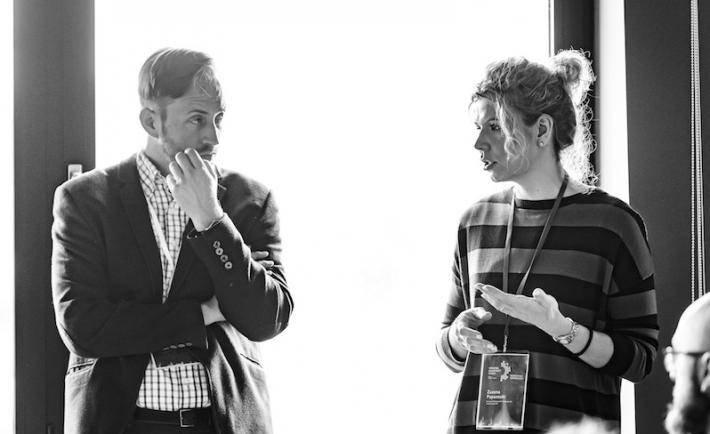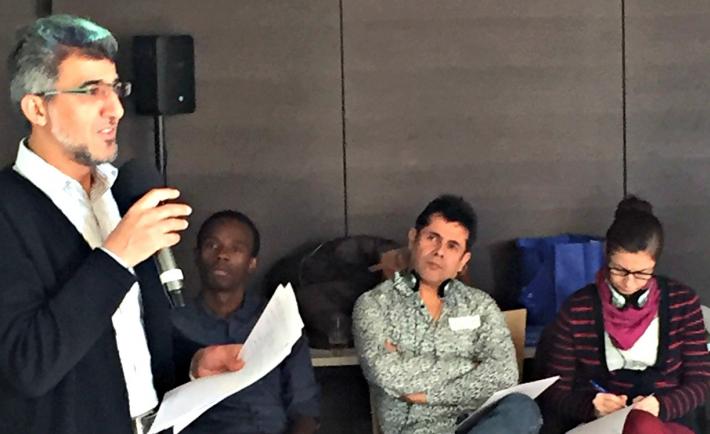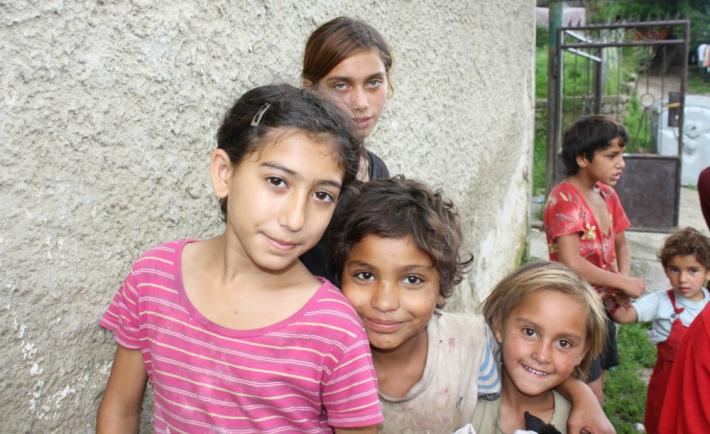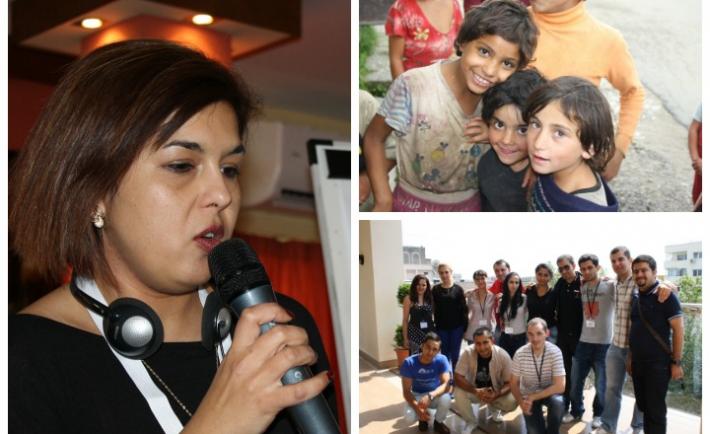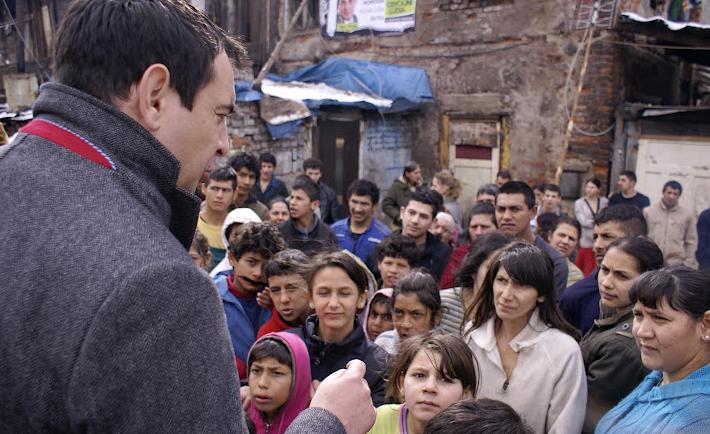Next month marks the 30th anniversary of the fall of the Berlin Wall. Democracy looked much different in 1989 than it does today. How has democracy changed in Eastern Europe since the bold steps it took in the region three decades ago?
In this Demworks podcast, NDI President Derek Mitchell sits down with Pulitzer-prize winning journalist, analyst, professor, and historian, Anne Applebaum to discuss the current state of democracy in Eastern Europe, and what its future looks like. #Listen to this engaging #podcast as they discuss the importance of citizen participation and political awareness in democracies today.

